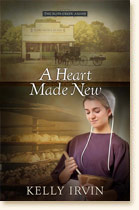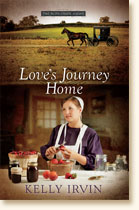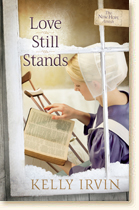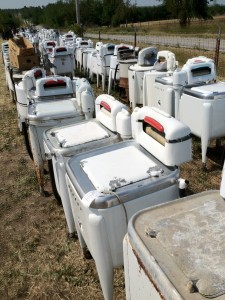Trip to Missouri sets stage for Amish romance
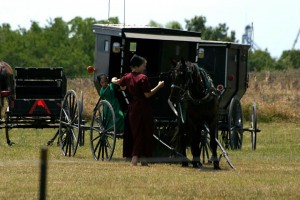
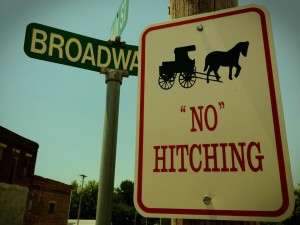
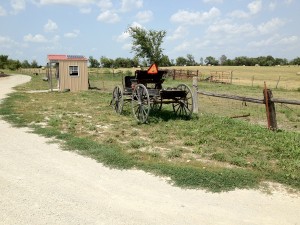 September 1 is the official release date for Love Still Stands, the first book in my New Hope Amish romance series. For an author, this is an exciting time. From the first inkling of the idea, to the pitch to the publisher, to the writing, editing and publishing of the book, it’s a long road. It’s hard for me to believe this story, set in a fictional town in Missouri, is a reality. Celebrating the moment brings back memories of the trip my husband and I took a little over two years ago to do research for the series. We spent a few days in Jamesport, which has a thriving Amish community. We stayed in a bed and breakfast and attended an Amish school fundraising auction. It was July and Missouri was experiencing a tremendous heat wave that kept temperatures above one hundred during the day. Despite the discomfort, the research garnered from the trip was worth its weight in gold. Not because I interviewed Amish folks, because I didn’t. The beauty of making this trip in person was in being able to get the details right. To get the setting right. All those little things that bring the story and the setting to life:
September 1 is the official release date for Love Still Stands, the first book in my New Hope Amish romance series. For an author, this is an exciting time. From the first inkling of the idea, to the pitch to the publisher, to the writing, editing and publishing of the book, it’s a long road. It’s hard for me to believe this story, set in a fictional town in Missouri, is a reality. Celebrating the moment brings back memories of the trip my husband and I took a little over two years ago to do research for the series. We spent a few days in Jamesport, which has a thriving Amish community. We stayed in a bed and breakfast and attended an Amish school fundraising auction. It was July and Missouri was experiencing a tremendous heat wave that kept temperatures above one hundred during the day. Despite the discomfort, the research garnered from the trip was worth its weight in gold. Not because I interviewed Amish folks, because I didn’t. The beauty of making this trip in person was in being able to get the details right. To get the setting right. All those little things that bring the story and the setting to life:
- The way the young girl dangled her bare foot over the side of the two-seater as she drove through town at a quick clip.
- The two little girls using brooms taller than they were to sweep the porch.
- The phone shack with solar panels.
- The little boy tugging at the reins as he walks the Shetland pony around in a circle, a young buggy driver in training, no doubt dreaming of that big moment when he actually hitches his horse to the buggy.
- The couple driving their buggy out to the phone shack by the road instead of walking.
- The sign that read No Hitching Here and featured a graphic of a buggy instead of a car.
- The endless row of wringer wash machines at the auction, all white, except one pink one.
You can learn a lot from the Internet and reading books, but there’s nothing like first hand observation to feel the heat of a July summer in a small town in Missouri, to smell the honeysuckle, and to feel the stitches on a homemade quilt with your own hands. Especially if you’re a writer. Many of the details mentioned above have found their way into the three books that comprise the New Hope series. I hope my readers enjoy them! (I’m posting some photos from the trip, but be assured we didn’t intentionally take photos of people who didn’t want to be photographed. The young girls in the photo actually got down from their buggy and started adjusting the horse’s harness after they apparently realized Tim was taking photos of the buggies from across the road with a telephoto lens.)


